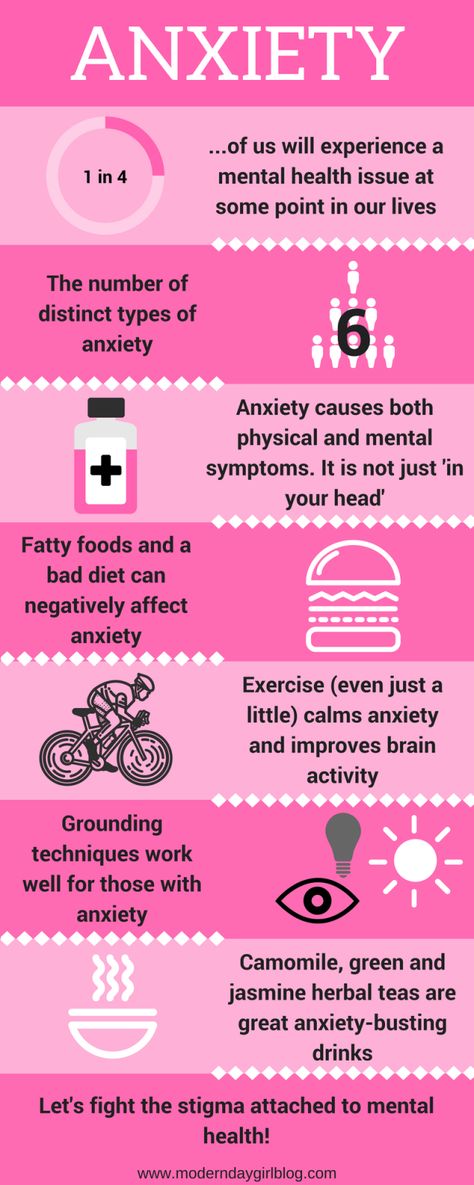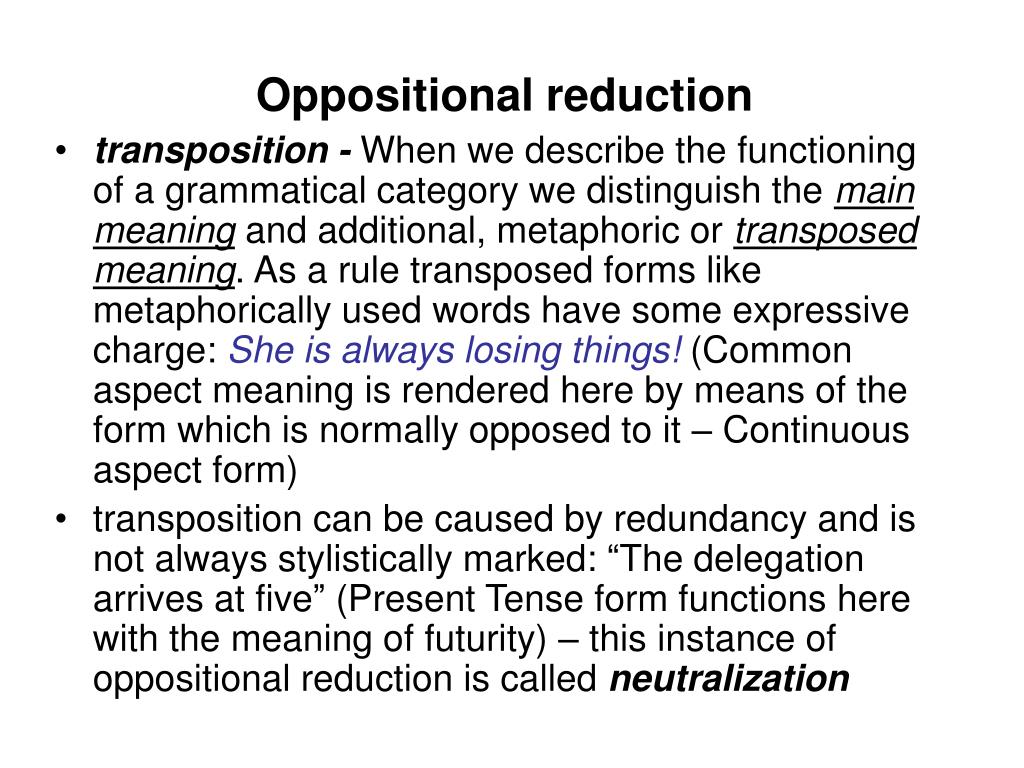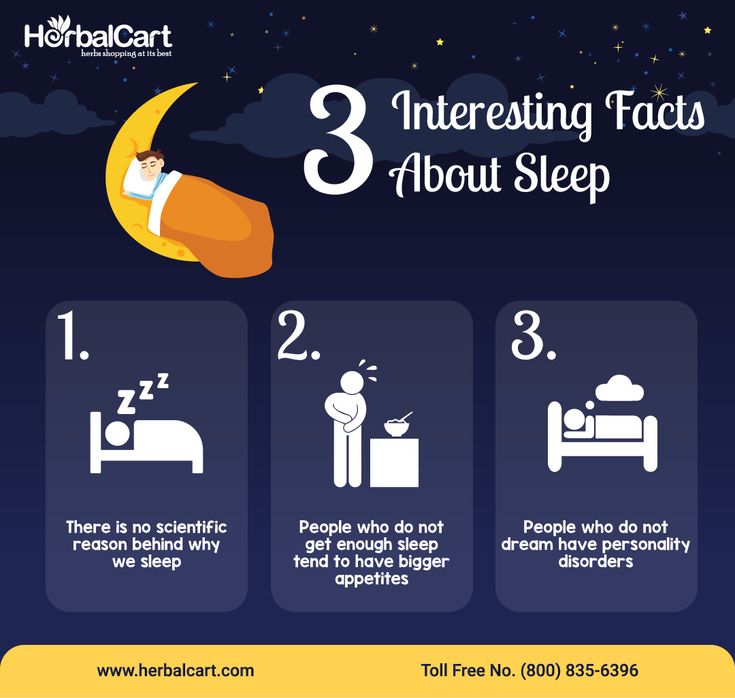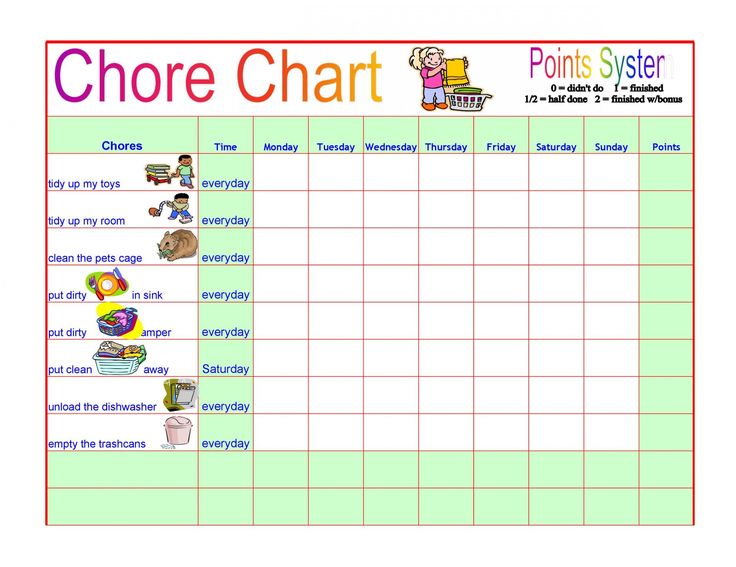How to find a good couples therapist
How to Find a Couples Therapist Who Can Actually Help You
Tips to help you find a competent and effective couples therapist.
Tips to help you find a competent and effective couples therapist.
Tips to help you find a competent and effective couples therapist.
How to find a couples therapist? Practically every week, I receive emails from couples who have spent 16+ months in therapy. So I ask…
- How has your relationship improved?
- What skills did you learn to build a stronger friendship or manage conflict in healthy ways?
- Do you feel you address the core issues that create disconnection?
The response: “Well… it was a lot of venting…and things haven’t changed.”
Even worse, therapists who do not have professional couples therapy training often open their doors to couples. 1
“Therapists who advertise as couple therapists may only be trained in individual therapy, which differs dramatically from couple therapy.
”
– Hawkins, Fackrell, & Harris, Should I Try to Work it Out?
Sometimes this is why I hear from couples who have seen 4-5 therapists with little to no changes, or no clarity on why they have stayed stuck such as lack of commitment, unwilling to take ownership of problematic behavior, among other things.
For this reason, I want to offer you a few quick tips to help you find a competent and effective couples therapist who can support you in transforming your relationship challenges into material to build a stronger and more meaningful bond.
4 Tips to Find a Competent Couples Therapist
Below are tips on finding and choosing a counselor or therapist who can support you and your partner.
Step 1: Search for Therapists with Specialized Training in Couples Therapy
Make sure the type of therapist you see (psychologist, marriage and family therapists, professional counselor, social worker, or pastoral counselor) is licensed in your state and has specific training and supervision in couples therapy approaches.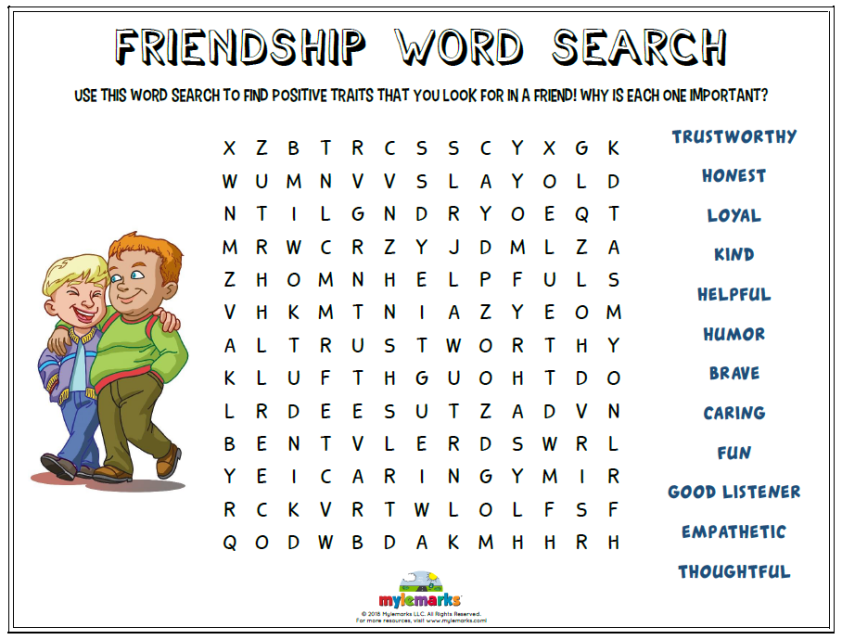 Not all therapists have this training. Furthermore, not all therapists who do get the couples therapy training receive supervision from certified therapists of that method to ensure they are applying the techniques and interventions in ways that can lead to changes for the client’s relationship.
Not all therapists have this training. Furthermore, not all therapists who do get the couples therapy training receive supervision from certified therapists of that method to ensure they are applying the techniques and interventions in ways that can lead to changes for the client’s relationship.
Some of the more popular approaches with professional training and supervision that I know include:*
- The Gottman Method Couples Therapy
- Emotionally Focused Couples Therapy (EFT)
- The Psychobiological Approach of Couples Therapy (PACT)
- The Developmental Model of Couples Therapy
- Relational Life Therapy
- Discernment Counseling
- Integrative Behavioral Couples Therapy (IBCT)
*Note, to find a therapist with this approach, click the link on that approach above
Additional places to search for couples therapists include: American Association of Marriage and Family Therapy, Psychology Today, and Marriage Friendly Therapists.
It’s also important to seek out therapists who align with the way relationships work for you without you having to teach your therapist terminology. For inclusive therapists in the United States who have specific training on sexuality, nonmonogamy, and kink/BDSM, as well as gender identity/expression, look for therapists who are also certified sex therapists of the American Association of Sexuality, Educators, Counselors, and Therapists as those therapists undergo specialized training for working with erotically marginalized clients.
If you’re comfortable with it, another way to find a good therapist is to ask friends or co-workers who have had a good couples therapists if they could make a recommendation.
During this step, you may also want to explore how to pay for therapy. It’s worth noting that a more expensive therapist does not always mean you will receive better therapy or faster improvements.2 While therapy is expensive, if it helps save and repair your marriage, it will be less expensive than a divorce in the long-run.
For additional cost-saving ideas, check your insurance or with your company’s Employee Assistance Program (EAP). Additionally, some therapists have sliding fees for lower income couples, and universities have couples therapy training programs that offer therapists-in-training with quality supervision at affordable rates. For a list of accredited universities to reach out to, go here.
Step 2: Interview Potential Therapists During the First Session or On The Phone
Now that you’ve found some possible therapists to work with, I would recommend getting to know them to make sure they are a good fit for you and you are a good fit for them. Here are some questions you can ask:
- Did you receive formal education and supervised training in couples therapy?
- What percentage of your work is with couples? Note: Those who specialize in couples therapy may have greater experience working with couples.
- What is your opinion about divorce? Do you ever recommend divorce? What occurred with past clients that lead you to come to that recommendation? In the absence of abuse or danger, will you support the possibility that we can salvage our marriage/relationship?
Note: You want a therapist who is going to align with what you want as a client for your relationship with the exception of a partner who is unwilling to be remorseful and change when it comes to affairs, addictions, and abuse.

- What percentage of couples you’ve worked with have seen improvement as a result of therapy with you?
- What do you believe makes a relationship successful? How do you know change has occurred for a relationship that was not doing so well before therapy? Note: Your therapist’s belief systems will influence therapy. Effective couples therapy helps both partners truly understand one another and offers a plan, as well as tools, the couple can use for fostering a stable connection between partners. If the therapist only focuses on changing what you should do such as date night, without also exploring what has got in the way from this occurring prior to therapy, the positive changes may not last.
- If you are seeking help with nonmonogamy, diverse expressions of sexuality, BDSM, and/or gender identity, it would be helpful to check your therapist’s viewpoints on this topic as well as their level of experience. What are your views on [insert what applies to you]?
- What does working with you look like? Note: Ask about the structure of sessions, the length of sessions, how long the assessment process is, how the end of treatment is decided, and if there is follow-up.
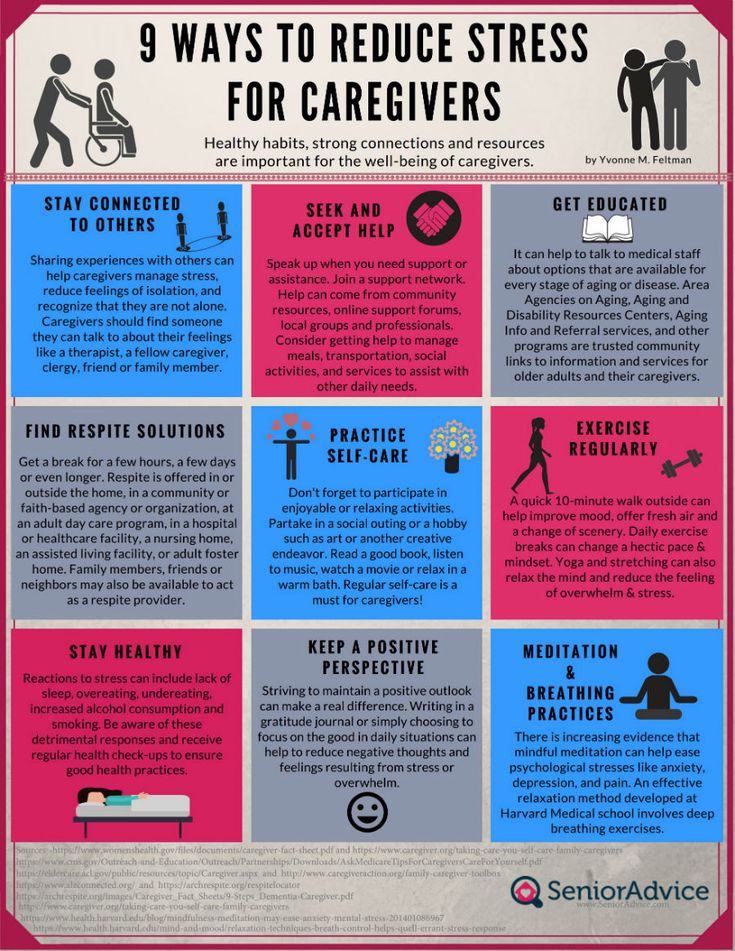 You want a therapist who has a clear plan of action and follows through on that plan. For example, Gottman trained therapists tend to structure sessions around specific levels of the Sound Relationship House with the aim of improving the strength and stability of the house as a whole. Sessions are typically 90-minutes and some therapists do marathon sessions that are six plus hours a day as offered in the Love Lab. At the end of treatment, the therapist checks-in for up to two years to ensure the changes made during treatment are lasting and if there are any tiny tweaks needed to ensure things stay in a stable place.
You want a therapist who has a clear plan of action and follows through on that plan. For example, Gottman trained therapists tend to structure sessions around specific levels of the Sound Relationship House with the aim of improving the strength and stability of the house as a whole. Sessions are typically 90-minutes and some therapists do marathon sessions that are six plus hours a day as offered in the Love Lab. At the end of treatment, the therapist checks-in for up to two years to ensure the changes made during treatment are lasting and if there are any tiny tweaks needed to ensure things stay in a stable place.
Step 3: Couples who Stick with Therapy, Improve
If the above steps are met with your therapist, I would encourage you to avoid dropping out early. Research shows that couples who stick with therapy show the most improvements long-term.3
Experienced and effective couples therapists know that there is a difference between improvements from addressing surface issues and the lasting improvements that come from addressing the root problems. It’s possible that within the first handful of sessions, you may see significant improvements. With this in mind, consider committing to eight to ten sessions before evaluating whether therapy is working. This way you are ensuring both the surface issues and the deeper issues are being touched on.
It’s possible that within the first handful of sessions, you may see significant improvements. With this in mind, consider committing to eight to ten sessions before evaluating whether therapy is working. This way you are ensuring both the surface issues and the deeper issues are being touched on.
Step 4: Remember, This is Your Therapy and Your Relationship
One of the hardest things for me as a client in therapy was to be honest with my therapist about what I found helpful and what I did not. Or expressing that my therapist completely misunderstood me. In those moments, a part of me really wanted to shut down and then terminate therapy before the next session.
Instead, I tolerated my anxiety and discomfort and shared that I felt misunderstood. And I opened up about what I didn’t like.
Good therapists understand that what works for one couple may not work for another and if you share with them what works vs. doesn’t work for you, they can then adjust how they work with you and your relationship.
If you feel misunderstood, I would encourage you to share that as that will help your therapists understand you better.
Maybe that is part of your work in therapy, to be more assertive about what you need, rather than quietly hold it in. Which ultimately will translate to your romantic relationship. And if this is still a struggle for you, don’t be afraid to send your therapist an email sharing what you’re having a tough time with. Your couples therapist is there to help you and they need your input to make therapy effective for you.
At times therapy will feel difficult. It may feel like you are facing a lot of resistance and keep getting stuck in the same spot.
This can be an indicator that you’re also on the edge of a breakthrough because you are getting caught in the emotional dance that creates a felt sense of disconnection and alienation, or results in escalating conflicts between the two of you.
A quality therapist will help you recognize the dance you co-create as well as help shift how you communicate and emotionally connect with each other so you can begin to change your patterns.
Couples therapy can be effective with a qualified and well-trained professional.
Often, it will challenge you and your partner to break the rules you’ve created that get you stuck in the first place. But during the process, a therapist can help you build new bridges of connection that can create feelings of intimacy, being seen, and feeling cared for.
Want to find a Gottman-trained couples therapist in your area or who does online therapy? Search the Gottman Referral Network and find a therapist you can trust.
1 Doherty, W. J. (2002). How therapist harm marriages and what we can do about it. Journal of Couple and Relationship Therapy, 1, 1-17.
2 Ward, D., & McCollum, E. (2005). Treatment effectiveness and its correlates in a marriage and family therapy training clinic.
3 Ibid.
Kyle Benson
Kyle works in The Love Lab where he nerds out on the science of relationships. ="wpforms-"]
="wpforms-"]
How to Choose a Good Couples Therapist. Learn what questions to ask.
Great directories are important (and I've included several here...). But before you enter "couples therapy near me" into a Google search, and start printing off names, and making phone calls, slow down and know what to ask.
There may be an overwhelming number of marriage counselors in your area listed, or there may be very few, but all may have different titles, describe different approaches, or have different training. While it is tempting to schedule a session with the couples therapist near you, reconsider. It may be worth traveling for longer sessions less often or even working online if you know what to look for and find someone highly skilled. Finding the best marriage counselor for your needs, is preferable to finding the closest one, so consider thinking more broadly. Some of the best help is offered "intensively" over a weekend or in longer blocks of time, allowing you more choice and enabling you to demand more expertise.
Find out:
- Are these marriage counselors devoted to the couples therapy? (instead of a "me too" add on...)
- Which specific methods do they use? (Hint: We'll tell you which are proven effective.)
- What level of training as couples therapists do these professionals have in each of these specific methods?
- How long are their conjoint sessions? Know what's too short (even if it fits the schedule of most therapists...)
Listen to this 2.5-minute video of Marriage & Family Therapist Daniel Dashnaw summarizing 4 essential questions to ask before choosing the right couples therapist for your family and your relationship.
Search Well-Respected Directories
But wait! Before you search these websites keep reading to know additional facts to ask before searching for a couples therapist close by. Return here when you've finished the entire article.
Return here when you've finished the entire article.
- National Registry of Marriage-Friendly Therapists
- The Gottman Institute Referral Directory
- The International Centre for Excellence in Emotionally-Focused Therapy (ICEEFT) find a therapist search feature
- The American Association of Marriage and Family Therapists (AAMFT) therapist locator directory
- The American Association Sexuality Educators, Counselors and Therapists (AASECT) locate a professional.
Couples therapy is distinctly different from working with individuals. And it should be a good fit for the types of problems you're facing. Learn what good couples therapy looks like and what makes a good couples therapist, great.
Do you know how to pick?
1.
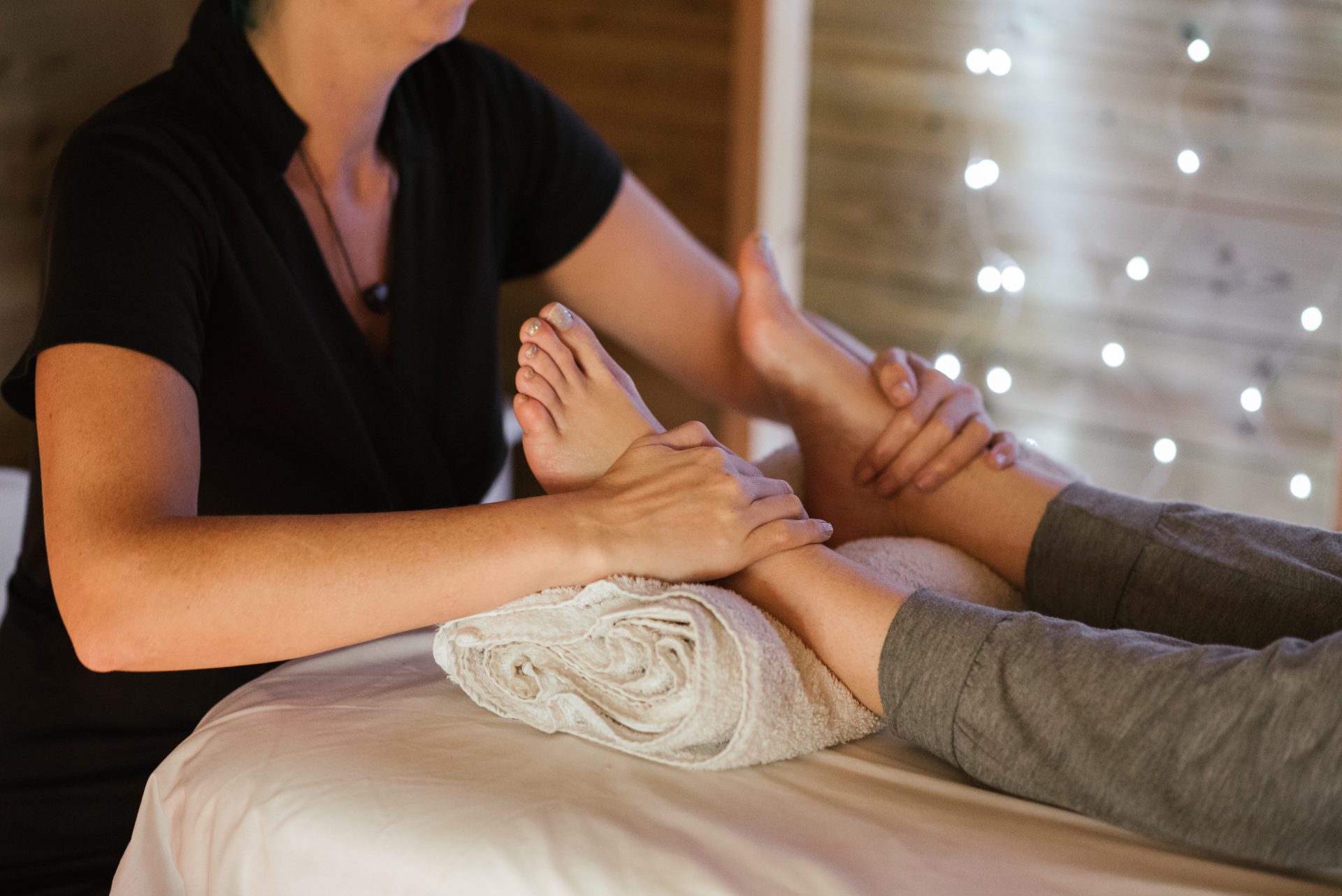 Is there a difference between couples therapy vs marriage counseling?
Is there a difference between couples therapy vs marriage counseling?This is a basic question to clarify before looking for a counselor near you. The differences are actually based more upon the region of the country where you currently live, than actual professional differences. For example, if you live in Texas cities you'll find more counselors using the term "marriage counseling" while those residing in New York or California prefer to refer to themselves as a "couples therapist."
The terms marriage counseling, relationship counseling and couples therapy are interchangeable. All require training beyond a bachelor's degree in the USA and a degree in mental health. They can be a licensed clinical social worker (LCSW), a marriage and family therapist (LMFT), a licensed professional mental health counselor, a psychologist or psychiatrist. But the degree is not enough.
2. Couples Counseling is a specialty
A recent national survey revealed that 81 percent of all private practice therapists in the United States say that they offer marital therapy.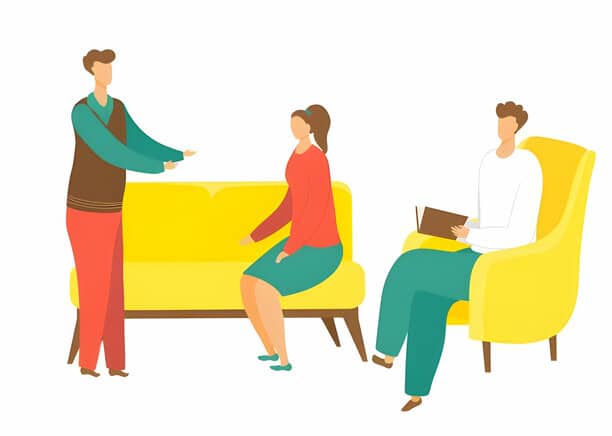 But only about 12 percent of the nation’s licensed therapists are in a profession that requires any course work or supervised clinical experience in marital therapy. How can the average consumer find a good marriage counselor when faced with so many choices?
But only about 12 percent of the nation’s licensed therapists are in a profession that requires any course work or supervised clinical experience in marital therapy. How can the average consumer find a good marriage counselor when faced with so many choices?
3. Choose a marriage counselor with a practice devoted to couples.
Of course, you want to feel comfortable with your relationship counselor. You may also want them to know about child development to help you deal with the kids, or depression if you're battling it. But in addition, there are now science-based practices from skilled clinicians who have completed advanced training from reputable institutes of marriage counseling training programs!
These researchers have studied real couples over 40 years and done pre- and post- comparisons of couples before and after treatment. These studies even include MRI research and other biological markers of reduced physiological arousal after marriage counseling.
Marriage counseling now is sophisticated science with practitioners who are expected to demonstrate measurable skills before becoming certified.
They're not your grandmother's or even your parents' marriage counselor.
Ask the counselor what percentage of their practice is devoted to seeing couples each week. Seek someone specifically trained in couples therapy, and who does it exclusively, or primarily. A good guideline is at least half of their practice should be working with couples as a pair.
Couples work is a vastly separate way of working than individual work. If you want to know how to choose a good couples therapist, choose someone with a lot of daily practice in working this way.
4.. Pick a couples therapist who is a member of professional organizations devoted to couples.
A true professional spends his/her time and money with professional associations that reflect their interests, training aspirations, and specializations. Being a clinical member of The American Association for Marriage and Family Therapists (AAMFT) designates that a therapist has been supervised by another marriage therapist and completed adequate coursework and training, at least in family therapy.
Being a clinical member of The American Association for Marriage and Family Therapists (AAMFT) designates that a therapist has been supervised by another marriage therapist and completed adequate coursework and training, at least in family therapy.
AAMFT Clinical Members meet rigorous training and educational requirements. AAMFT requires Clinical Members to abide by the AAMFT Code of Ethics, the most stringent ethical code in the marriage and family therapy profession. Clinical Membership in AAMFT signifies that a couples therapist is dedication to his or her ongoing professional development. But surprisingly, not even training as a marriage and family therapist provides you with more than a general overview of how to work with couples.
Professional Organizations for Sex TherapistsThe American Association for Sex Educators, Counselors and Therapists (AASECT) is an organization for those practicing sex therapy, and board certification also requires experience and supervision.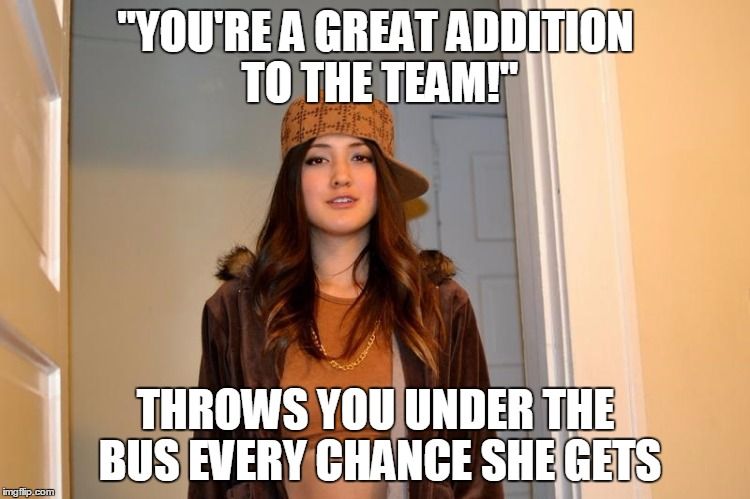 With its history of impeccable standards for training, experience and ethical behavior, AASECT is recognized as the guardian of professional standards in sexual health. AASECT also has a Code of Ethics outlining conduct required of all members. Expect a professional to demonstrate their interests by investing in professional organizations who cater to helping couples with their sexual and intimacy needs. You might be surprised to find that the marriage counselors near you have very little training specifically related to sexual issues. Teaching in several clinical programs, my courses are 1-3 credits, and many programs have no requirement to learn about sex-related issues. When looking for someone when sex is a pressing concern, ask specifically about their formal training in "sex therapy" not just "intimacy."
With its history of impeccable standards for training, experience and ethical behavior, AASECT is recognized as the guardian of professional standards in sexual health. AASECT also has a Code of Ethics outlining conduct required of all members. Expect a professional to demonstrate their interests by investing in professional organizations who cater to helping couples with their sexual and intimacy needs. You might be surprised to find that the marriage counselors near you have very little training specifically related to sexual issues. Teaching in several clinical programs, my courses are 1-3 credits, and many programs have no requirement to learn about sex-related issues. When looking for someone when sex is a pressing concern, ask specifically about their formal training in "sex therapy" not just "intimacy."
The American Association of Marriage and Family Therapists
5. Look for someone who studied and trained in a recognized institute in evidence-based couples therapy.

The two most well-known scientifically based or evidence-based treatments for couples are those designed by John and Julie Gottman, (The Gottman Institute and Gottman Method Couples Therapy) and Emotionally-Focused Couples Therapy created by Susan Johnson (The International Centre for Excellence in Emotionally Focused Therapy and Emotionally Focused Couples Therapy) and Les Greenberg (The International Society of Emotionally Focused Couples Therapy).
Ask the marriage therapist near you not only if they are familiar with these theories, but if they hold credentialing in these models.
There are many other very skilled couples therapists who have a great deal of training in couples work and sex therapy and should be proud to explain this education to you. Beware that some of these models do not offer certifications, the way Gottman, Johnson and Greenberg do.
If you aren’t familiar with the orientation of the approach, be sure to research the methods these therapists have adopted.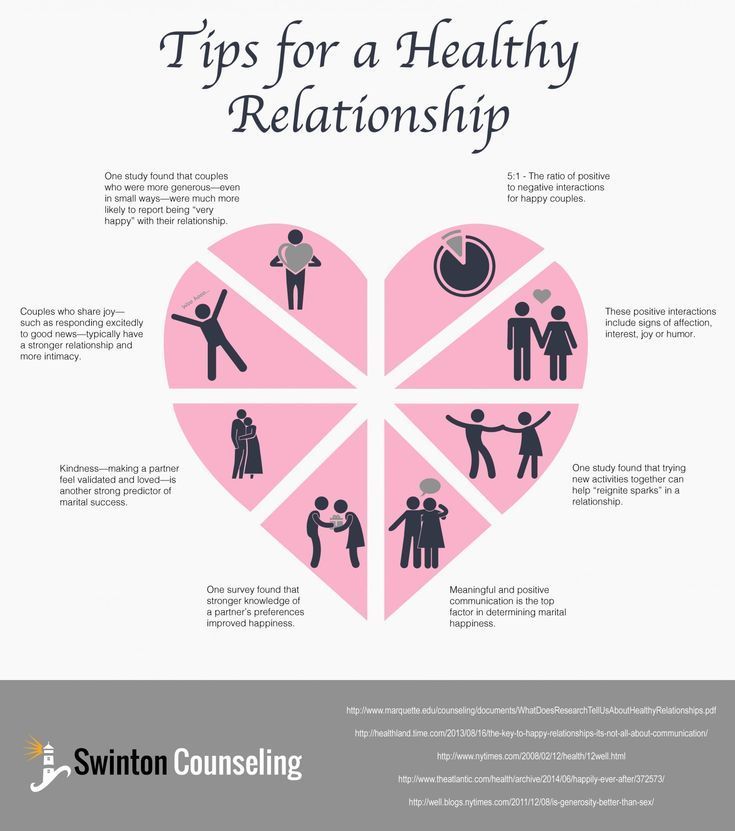
Better yet, find a therapist who has training & certification in several methods for a more thorough toolbox.
Others are clinically effective and are taught world-wide, but not research-oriented models.
Why choose Science-based Couples Therapy?
Because it works. Period.
6. Choose a therapist who has the right attitude to be a skilled couples therapist.
Two-thirds of Marriage Counselors are "neutral" on divorce.
"A survey of clinical members of the American Association for Marriage and Family Therapy found that nearly two-thirds said that they are “neutral” about whether a couple stays married and divorces."
It is a bad sign when a professional psychotherapist has no opinion about whether a couple should make an all-out effort to remains married, or end it, especially if they are parents.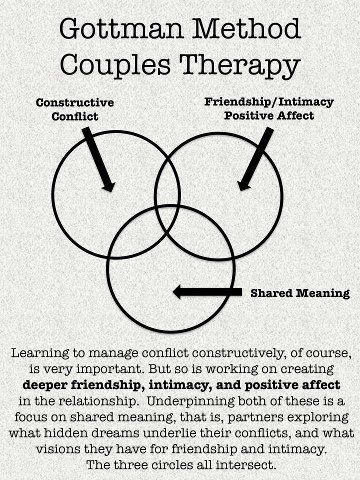
Is this couples therapist near me
"Marriage Friendly?"Find out. Ask the them:
- “Do you consider it importance to keep a marriage together when there are problems?”
- "Under what conditions do you suggest divorce?"
Marriage Counselors should be the last one in the room encouraging divorce.
The reasons are many, but here are two:
A. Divorce dramatically impacts everyone in a family.While it was once a popular cliché to argue that “if the parents are happily divorced, the kids will do fine…” this turns out to be a more self-serving notion than fact. Research tells us that it takes two years before children adjust to their parents' divorce, and some percentage of children never do. The average household with children loses half of their incomes after divorce. This, alone, should give a reason to pause.
This, alone, should give a reason to pause.
It also assumes that marital unhappiness is a permanent state. Research tells a different tale:
Our study found that unhappily married adults who divorced were no more likely to report emotional or psychological improvement than those who stayed married. In addition, the most unhappy marriages reported the most dramatic turnarounds. Among those who rated their marriages as "very unhappy" [3] almost eight out of ten, who avoided divorce, were happily married five years later."
Gottman’s work also supports this fact. Couples are often miserable and hopeless, believing nothing can change. However, the research on the state of “Negative Sentiment Override” demonstrates that when the couple completes evidence-based training, this feeling not only changes, but it “switches” suddenly, like turning on a light switch.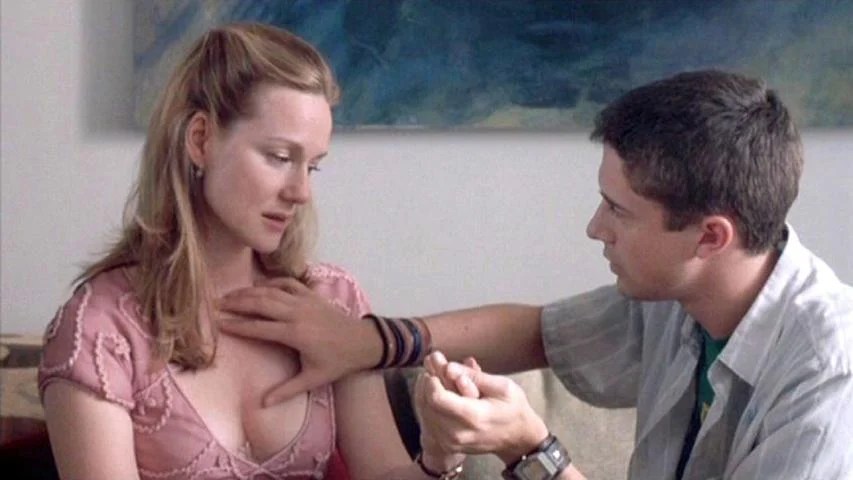 It doesn't gradually modify like a ‘dimmer switch.’ We’ve seen this sort of dramatic switch during our intensive couples intensive marriage counseling retreats.
It doesn't gradually modify like a ‘dimmer switch.’ We’ve seen this sort of dramatic switch during our intensive couples intensive marriage counseling retreats.
It may be fashionable to try to stay “neutral,” but it is hardly a good attitude for effective couples therapy.
Other therapists might encourage a "trial separation" without mentioning the statistics that 75% of couples who separate end up divorcing.
Individual therapists might unwittingly promote separation or divorce. They must weigh the value of attachment in one's life with the yearning for individual self-development. They aren't mutually exclusive.
Be aware that a highly skilled couples therapist is unlikely to accept health Insurance. Being on a health insurance panel makes little sense if most of your work involves non-reimbursable services. Getting help for a marital or relationship problem is not a “treatment” for a mental disorder. It is a treatment for relationship distress.
If it will be billed as mental illness and given a "diagnosis," (other than a Z code) but it is in fact, marriage counseling, that is insurance fraud: a crime in the USA.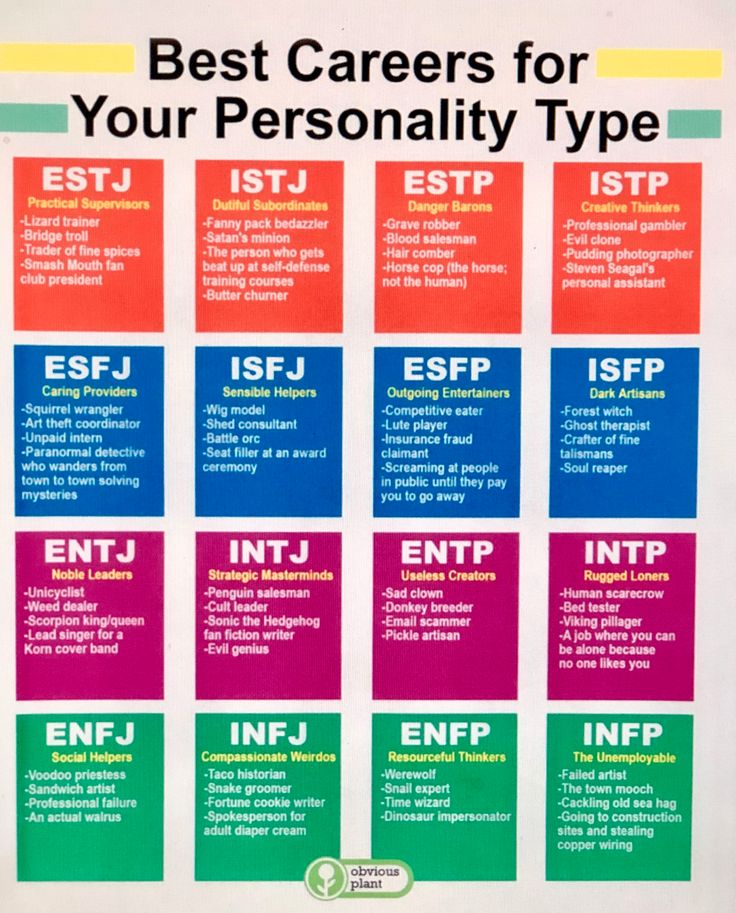 Learn more about this in the article: "Is Marriage Counseling Covered by Insurance?".
Learn more about this in the article: "Is Marriage Counseling Covered by Insurance?".
At Couples Therapy Inc. we're specialists in intimacy relationships
Do you offer a couples retreat near me?
More than likely. We serve more than 34 states across the USA.
Our marriage counselors and trained sex therapists have coursework and training in at least two clinical approaches to couples therapy, one of which must be evidence-based. They are active in their professional organizations related to marriage counseling or sex therapy. They are highly skilled professionals that are here to help you function more effectively in your relationship. And they have certifications to demonstrate their competence.
We work in-person now and online using intensive "blocks" of therapy which begin with a State of the Union assessment, an online one-of-a-kind online questionnaire we call The BIG BIG Book and Coaching services.
Learn More
220 therapists Naberezhnye Chelny, 1019 reviews
Therapist: a brief description of the specialty
A therapist is a doctor whose professional activity is aimed at maintaining and restoring the health of patients who have reached physical maturity, that is, adults. The main task of this specialist is, based on a deep knowledge of normal anatomy and physiology and the main syndromes that occur in various pathologies of internal organs, to determine the nature of the identified health disorder and find ways to eliminate it. nine0005
The main task of this specialist is, based on a deep knowledge of normal anatomy and physiology and the main syndromes that occur in various pathologies of internal organs, to determine the nature of the identified health disorder and find ways to eliminate it. nine0005
In the fight against pathological processes, therapists use only conservative (non-surgical) methods. These include pharmacological therapy, physiotherapy, massage, exercise therapy and various non-traditional methods. To restore health, sanatorium treatment and treatment courses conducted in dispensaries are also widely used.
In the therapeutic departments of hospital-type medical institutions, therapists conduct a thorough diagnosis of the state of the patient's body, select the most effective therapy for his disease, and also treat patients with pathologies that can cause the development of a life-threatening condition. At the level of a polyclinic or an outpatient clinic, preventive work is carried out, initial admission of patients with complaints of health is carried out, treatment is prescribed and patients undergoing a therapeutic course are observed. Therapists of the ambulance service carry out urgent medical measures, which often allow saving the patient's life and ability to work. nine0005
Therapists of the ambulance service carry out urgent medical measures, which often allow saving the patient's life and ability to work. nine0005
What is the job of a therapist?
The work of a therapist is based on taking care of patients who have health complaints or are at risk for the development of the most common somatic pathologies.
During the appointment, the doctor carefully interviews the patient, using a specially designed survey scheme. Thus, he collects the information necessary to determine the direction of the diagnostic search. nine0005
After conducting a survey (collection of subjective data), the doctor conducts an objective examination, using skills and knowledge to determine the necessary criteria for the state of internal organs and detect deviations from the generally accepted norm.
Based on the data received from the patient and during an objective examination, the doctor makes a preliminary diagnosis and determines the amount of additional laboratory or instrumental examination required. After receiving the results of additional diagnostics, a final diagnosis is made, clinical recommendations are given and treatment is prescribed. nine0005
After receiving the results of additional diagnostics, a final diagnosis is made, clinical recommendations are given and treatment is prescribed. nine0005
Therapists receive patients not only within the walls of a medical institution, but also at home - in the event that the patient's condition does not allow him to leave the apartment until the necessary medical care is provided.
The previously existing system of attaching patients to the same therapist according to the territorial principle has recently been increasingly replaced by a different principle of work, which is based on the patient's family ties. Such a system existed earlier in Tsarist Russia, and it has a number of advantages: in particular, when all family members are seen by the same doctor, there is a higher probability of detecting hereditary pathologies, as well as a higher degree of trust in a specialist. nine0005
When do I need to consult a therapist?
Any change in a person's well-being, from severe symptoms of a disease to a slight, at first glance, deterioration in well-being can be the reason for obtaining a consultation with a doctor of a therapeutic profile. Even if the detected pathology is beyond the competence of this doctor, he will recommend which specialist to contact in a particular case.
Even if the detected pathology is beyond the competence of this doctor, he will recommend which specialist to contact in a particular case.
The importance of preventive supervision by a general practitioner is increasing. Many health disorders that occur in adulthood and old age can be prevented by detecting signs that indicate a high risk of developing them. A general practitioner will be able to conduct a preventive examination and a complete examination of the body. nine0005
How to become a therapist?
There is no higher medical institution in Naberezhnye Chelny. This means that it is impossible to acquire the knowledge and skills necessary to work as an internist or family doctor without leaving this city.
Well-known specialists in Naberezhnye Chelny
In Naberezhnye Chelny, as in the entire Republic of Tatarstan, the work and development of the therapeutic service are closely monitored:
- R. M. Latypov – Candidate of Medical Sciences, employee of the Kazan Medical Academy, chief specialist of the Ministry of Health republics in the field of family therapy; nine0040
- I.
 N. Safin – Candidate of Medical Sciences, Chief Specialist of the Ministry of Health of the Republic in the field of therapy.
N. Safin – Candidate of Medical Sciences, Chief Specialist of the Ministry of Health of the Republic in the field of therapy.
These specialists make every effort to ensure that the overall level of care for patients with somatic diseases becomes higher and higher every day.
Therapy and family medicine, GP appointment, scheduled examination by a general practitioner in St. Petersburg
Therapists, general practitioners (GPs), family doctors are all primary care specialists, that is, those people who are the first to see a patient, analyze his complaints and make all further decisions regarding examination and treatment. The therapist at the Lakhta Clinic is receiving around the clock. nine0005
The difference between internists, GPs and family doctors
- Therapists are doctors who have completed their specialization in internal medicine. Any narrow specialist (nephrologist, pulmonologist, cardiologist, gastroenterologist, etc.) is primarily a general practitioner.
 Lahta Clinic doctors are no exception. Each of our doctors is able to carry out all diagnostic measures and prescribe treatment as soon as possible.
Lahta Clinic doctors are no exception. Each of our doctors is able to carry out all diagnostic measures and prescribe treatment as soon as possible. - GPs and family physicians are specialists who, in addition to the therapeutic specialization, are entitled to treat children, as well as certain competencies in the field of surgical and ENT diseases, neurology and ophthalmology. nine0040
- A good family doctor is exactly the person who solves all problems related to the health of all family members: both an old grandmother and a newborn child.
When to see a GP or GP
We are not wrong to say that with any complaints you should go to a primary care specialist. Unpleasant symptoms that suddenly appear or persist for a long time are the reason for a visit to the therapist of our clinic. These complaints can be:
- Symptoms of acute respiratory infections (runny nose, cough, sore throat, fever)
- Abdominal pain
- Weakness, headache, dizziness, fainting
- Periodic chest pain
- Joint pain
- Disorders in the urinary system (edema, frequent or, conversely, rare urination, etc.
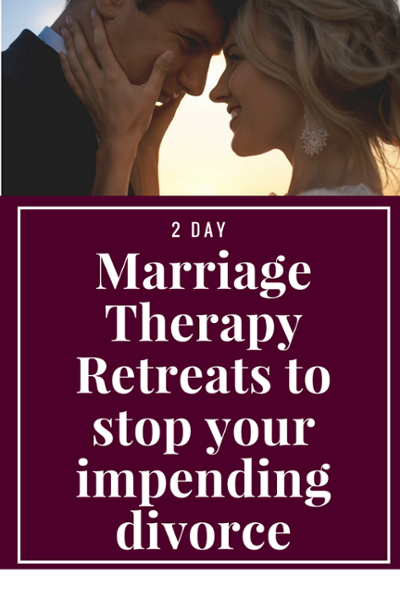 )
) - Unexplained weight gain or, conversely, weight loss
The list goes on with many more complaints. nine0005
It is the therapist who will promptly collect all the information regarding the patient's health and lifestyle, conduct a physical examination (listening, palpation, heart rate and blood pressure), based on the data obtained, make a preliminary diagnosis and, if necessary, refer him for further examinations.
The therapist maintains the patient's medical record, so he has information about the appointment of all narrow specialists and can adjust the treatment in accordance with this knowledge. nine0005
You can call a therapist at home at any time
What can be done at home?
- get medical advice and treatment advice
- issue sick leave
- draw up an individual vaccination schedule
- perform a pharyngoscopy (examination of the mouth, throat and pharynx)
- take a rapid test for streptococcus
- donate blood
- Examine the ears with an otoscope
- get a certificate at the place of claim
- perform pulse oximetry (determine the degree of oxygen saturation in the blood)
Therapist Jelena Szymański about high blood pressure
Examinations before vaccination
Everyone knows that vaccinations can only be given to people who are healthy at the time of vaccination.
With young children, everything is pretty clear: there are no symptoms of acute respiratory infections or exacerbation of allergies, which means they are healthy. But what about adults who, by a certain age, already usually have a "bouquet" of many chronic diseases? nine0005
This issue is particularly acute in connection with the mandatory vaccination against COVID - 19, because the older the person, and the weaker he is in health, the more important it is for him to be vaccinated on time.
And this is where our therapists come to the rescue. Doctors at Lahta Clinic in St. Petersburg will conduct a thorough pre-vaccination examination, assess all the risks associated with the vaccination, and give permission for its implementation.
Scheduled examinations and medical examinations
As you know, it is always easier to prevent a disease than to treat it later. In addition, the earlier an ailment is detected, the faster and more effective its therapy will be.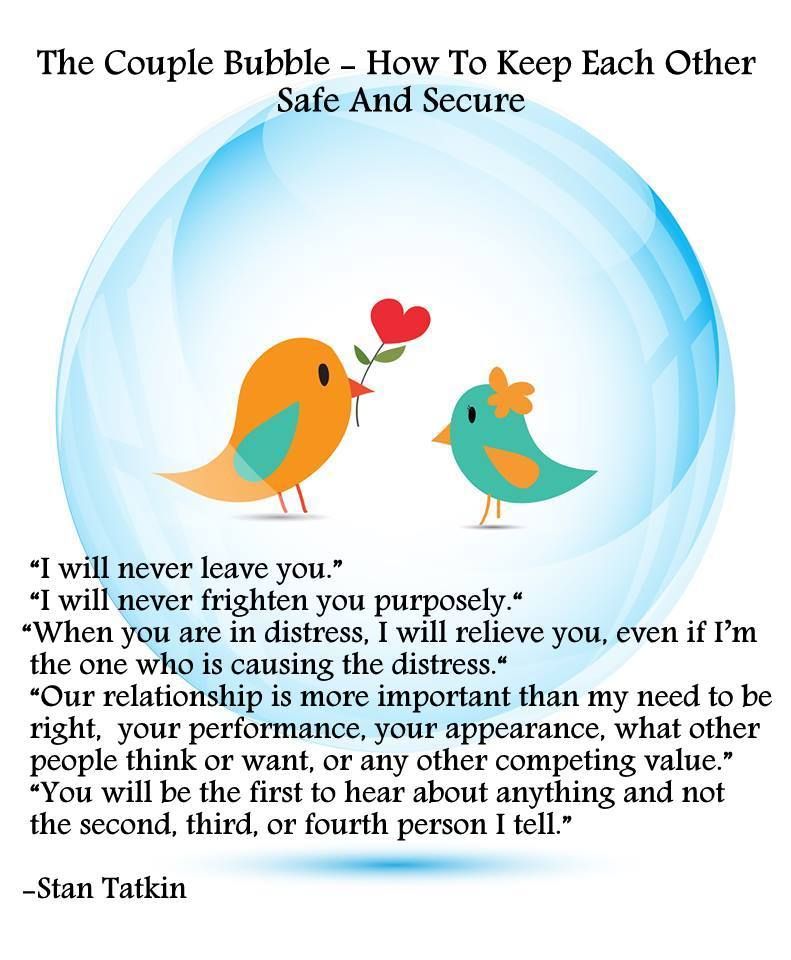 That's why it's so important to remember to attend your scheduled checkups. nine0005
That's why it's so important to remember to attend your scheduled checkups. nine0005
This applies to both healthy people and people suffering from chronic diseases. It is the therapists who manage the medical examination, draw up an individual plan for passing laboratory and instrumental examinations, as well as consultations of narrow specialists. The physician and/or GP can prescribe and then sort out the results:
- CBC
- Biochemical blood test
- Coagulograms (assessment of the coagulation system)
- ECG (including exercise)
- Abdominal ultrasound
- FLG
Online GP appointment for examination planning
Suitable for you if:
- You want to have a routine examination, but don't know where to start
- You play sports and it is important for you to check how training affects your body
- You are on a certain diet and need to know if it makes you healthier or harms you
Your GP will determine the scope of your individual screening program based on your age, gender, dietary and activity preferences, and any parameters that are important to you.

